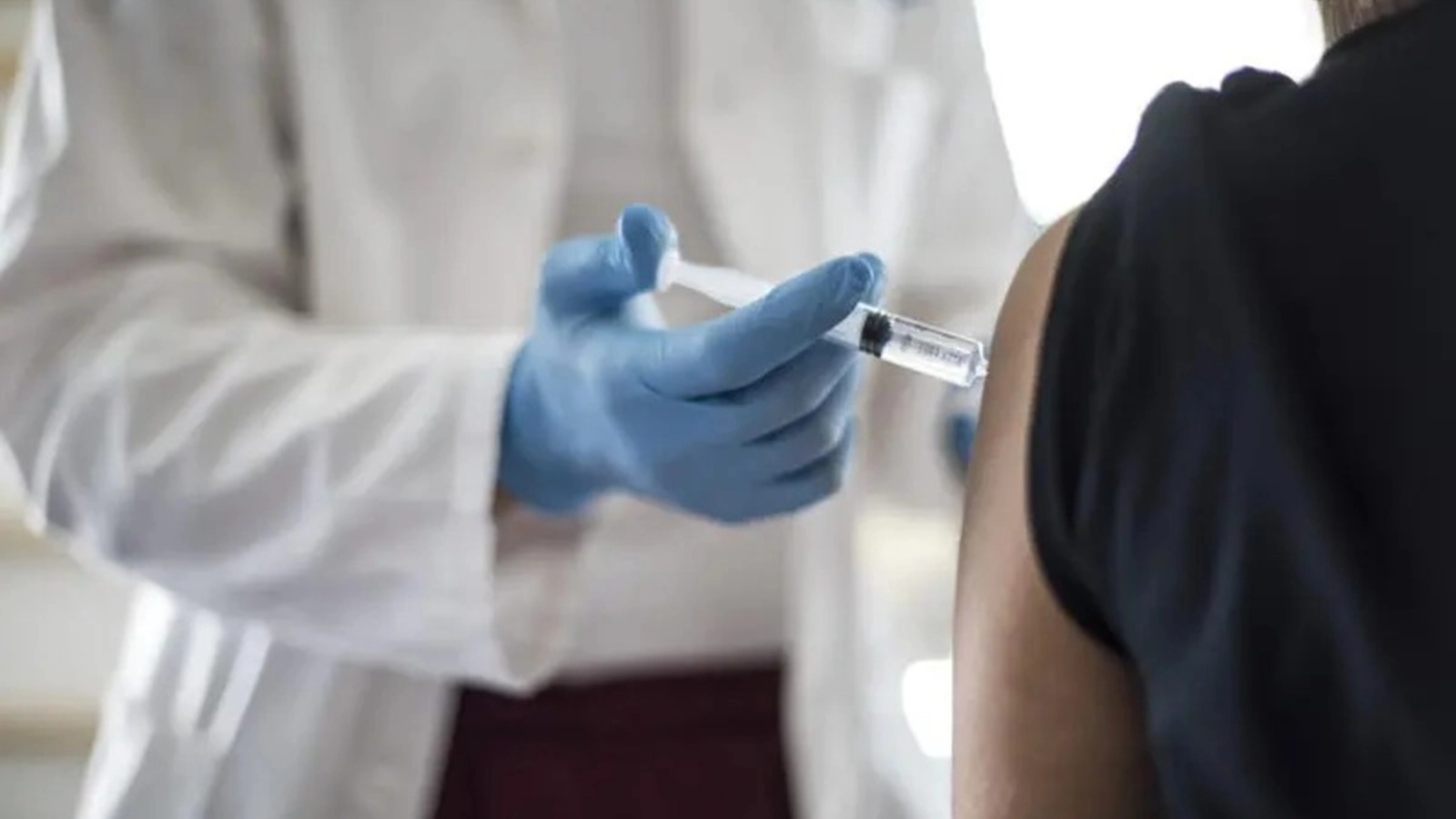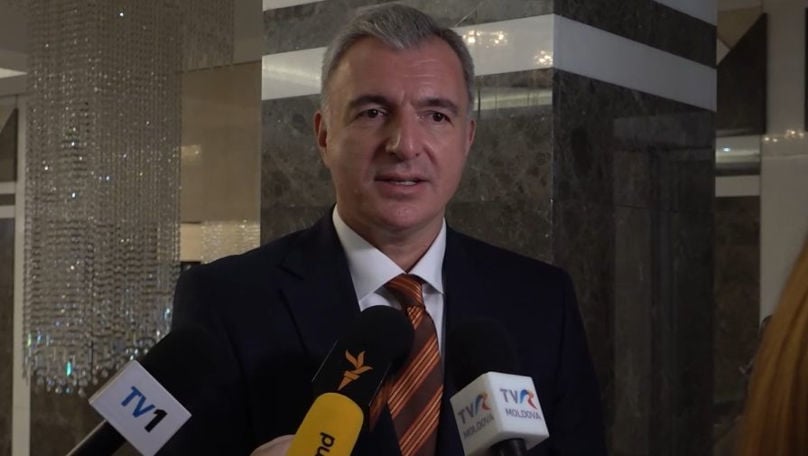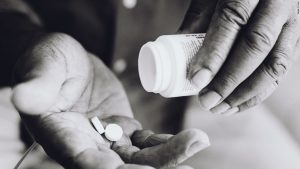The Clinical Service of Pathological Anatomy and the Medical Genetics Laboratory of the Targu Mures County Emergency Clinical Hospital (SCJU) are to be equipped with two state-of-the-art pieces of equipment for diagnosing cancer and recommending personalised treatment under a project financed by the European Regional Development Fund (ERDF) through the Health Programme, worth over RON 9.8 million.
"World Cancer Day, celebrated on February 4, is to raise awareness and draw attention to the need for prevention, diagnosis and effective treatment. World Cancer Day's new theme for 2025-2027, 'United Together', focuses on a people-centred approach and places them at the centre of cancer care systems. Each person diagnosed with cancer has their own story, their own expectations and that is why a patient-centred approach means more than medical treatment. It means empathy, personalised support and access to the best available therapies. Access to modern therapies and personalised care according to the identified tumour profile is essential for each patient. That is why, with the project we are launching today, we want to emphasise once again the importance of providing equal and fast access to accurate and complex cancer diagnostic services. Thus, under this project, we will equip the Clinical Service of Pathological Anatomy and the Medical Genetics Laboratory with modern equipment, in order to increase the capacity to process samples and ensure the identification of genetic mutations associated with oncological diseases," manager of SCJU Targu Mures Florin Craciun told a news conference on Tuesday.
Under this project, the Clinical Service of Pathological Anatomy will be equipped with immunohistochemistry and molecular biology equipment, with automatic workflow, digitised and validated for diagnostics - IVD.
Head of the Clinical Service of Pathological Anatomy Simona Gurzu said that through this platform - unique at least at national level- sample processing will increase, the risks associated with the processing of tissues by conventional methods will be reduced, the genetic mutations associated with oncological diseases will be able to be identified, with precision, compared with the existing equipment.
"We were also amazed when we saw that every year, we have over 200 patients with colorectal cancer that we diagnose in our laboratory. We have taken a statistic from us: 1,060 cases of soft skin tumours, 1,428 cases of skin tumours, 140 cases of small intestine tumours, 133 rectal tumours and so on. Think that if molecular biology determinations, at least for 100 patients in a year, were done properly, we would be talking about better survival and lower costs for the patient's treatment. Because a correct diagnosis from the beginning, a diagnosis in order to establish the type of tumour, to indicate the type of treatment that the patient could receive, means life for the patient, quality of life and lower costs for the system, because in the end a large amount invested in the preclinical means a smaller amount invested in the clinic," said Gurzu.
The Medical Genetics Laboratory will receive state-of-the-art sequencing equipment - Next Generation Sequencing NGS - which allows increasing the workflow and a rapid diagnosis, IVD validated, for the identification of genetic mutations associated with haematological malignancies/cancer.
"Today we are witnessing an important achievement of this hospital, getting state-of-the-art equipment that allows us an efficient genetic diagnosis, which allows personalised medicine, that is, medicine according to the patient's genetic profile. These new generation sequencing systems with which we have been equipped, both the medical genetics laboratory and the pathological anatomy service, have the advantage of a fast, efficient, flexible diagnosis, being able to adapt the diagnosis not only to solid tumours, but also to patients with malignant haematological diseases, paediatric patients and adults (...), which allows treatment personalisation to avoid adverse effects and increase the response to treatment. They are automated platforms that allow a quick diagnosis, within 24 hours from the moment we have the sample until the generation of that medical report," said head of the Medical Genetics Laboratory Claudia Banescu.
Doctors claim that these new platforms allow for increased testing capacity and diagnostic accuracy, so that "personalised medicine is no longer a dream, it is a reality."
The Targu Mures County Emergency Clinical Hospital has until December 2025 to carry through the project.
"We are running the National Oncology Programme in four units in Mure County. Let me tell you that they are never enough, because I had patients who just had to go to another university centre for an investigation (...). Now we are running this program through these medical units and we are glad that we have closed, so to speak, the circle of investigations and medical services that support both the diagnosis and the treatment of the oncology patient, namely, PET-CT. From the point of view of the medical-oncology system, we are at the level of the standard of a university centre and I am glad to be able to tell you this", said director of the Mures Healthcare Insurance House Rodica Biro.
According to her, the National Oncology Programme includes a subprogramme for genetic diagnostic of malignant solid tumours and a national subprogramme for genetic testing, and the SCJU Târgu Mures project is based on them.
"What these subprogrammes treat are very, very important types of cancer. We will see how much the Mures County Emergency Clinical Hospital will support us in this regard. And I want to tell you that in this line of the diagnostic component we are running a programme called the Subprogram for Diagnostic and Monitoring of Haematological Malignant Diseases through Immunophenotyping, Cytogenetic Examination and Molecular Biology Examination, which is carried out in this hospital. I am very glad that we have this possibility. Acute leukaemia, neoplasms, myelodysplastic, chronic myeloproliferative syndromes and chronic lymphoproliferative syndromes are treated, very complex and very complicated diagnoses (...). The Mures County Emergency Clinical Hospital treated 151 patients in 2024, within the confines of the funds at our disposal, the demand is much higher, we have to see what we do. There are 267 types of medical services were provided under this subprogramme," said Biro.
The total value of the project accessed by SCJU Mures is RON 9,864,011.50, including non-repayable ERDF funds worth RON 8,384,409.77.
































Comentează